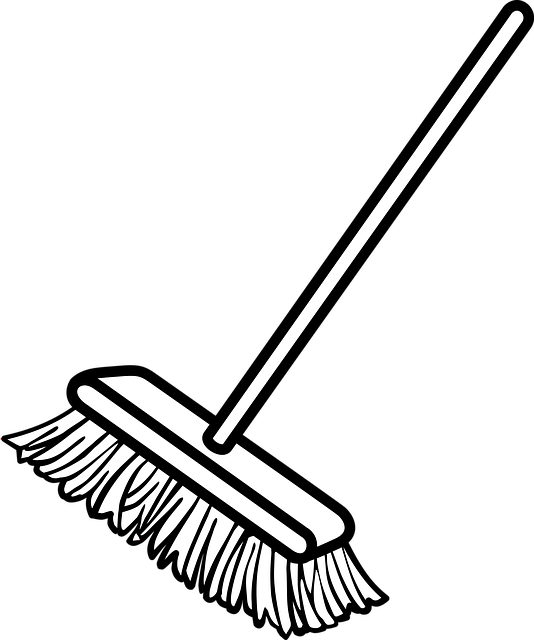Proper floor maintenance involves tailored cleaning methods based on flooring type (e.g., hardwood, vinyl), traffic patterns, and environmental factors. Regular deep cleaning, correct product selection, and specialized techniques extend flooring lifespan, improve aesthetics, and enhance indoor air quality. Commercial spaces require professional restoration for diverse floors, while daily care and strategic cleaning routines are vital for residential settings, ensuring floor integrity and a welcoming environment.
In the realm of facility management, efficient floor care is paramount. From understanding diverse floor types and their unique maintenance needs to selecting the ideal cleaning products, each aspect contributes to a sustainable and sparkling environment. This article delves into proven strategies for regular floor cleaning, effective scrubbing techniques, deep cleaning solutions, and tailored care for common surfaces like wood, tile, and vinyl. Discover expert tips for streamlined floor care management that enhance aesthetics and longevity.
Understanding Floor Types and Their Maintenance Needs
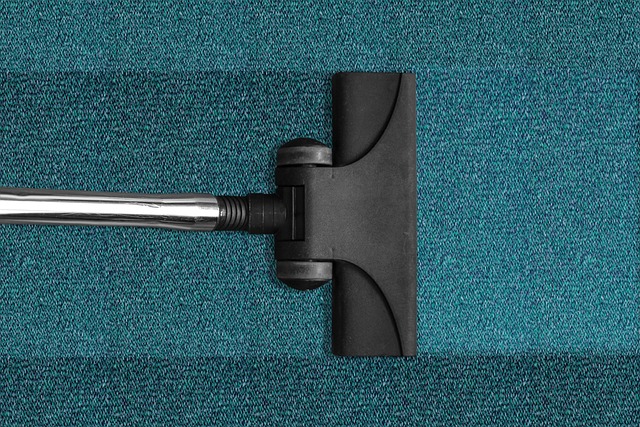
Different floor types require distinct cleaning approaches to ensure longevity and preservation. Hardwood floors, for instance, demand a gentle touch with specialized wood-friendly cleaners to prevent damaging their natural finish. On the other hand, vinyl or linoleum floors often need more robust cleaning solutions capable of tackling stains and grime without causing any harm. Understanding these nuances is key to effective floor maintenance.
Regular floor cleaning routines should consider factors like traffic volume, flooring material, and environmental conditions. High-traffic areas necessitate frequent deep cleaning to mitigate wear and tear. Additionally, seasonal variations can impact floor care; for example, winter’s humidity might require extra attention to prevent water damage, while summer’s dry spells could call for floor conditioning to maintain moisture levels.
The Importance of Regular Floor Cleaning

Regular floor cleaning is an essential aspect of maintaining a healthy and aesthetically pleasing environment, especially in high-traffic areas. Dirt, dust, and grime can accumulate rapidly on floors, leading to not only unsightly appearances but also creating breeding grounds for bacteria and allergens. Effective floor cleaning not only extends the lifespan of flooring materials but also ensures a safe and comfortable space for occupants.
Proper floor maintenance involves more than just daily sweeping or mopping. It includes deep cleaning to remove stubborn stains, regular sealing or coating to protect the floor’s finish, and periodic polishing to restore its shine. By implementing a comprehensive floor cleaning regimen, businesses and homeowners can create a welcoming atmosphere, enhance indoor air quality, and preserve the value of their flooring investments.
Choosing the Right Floor Cleaning Products
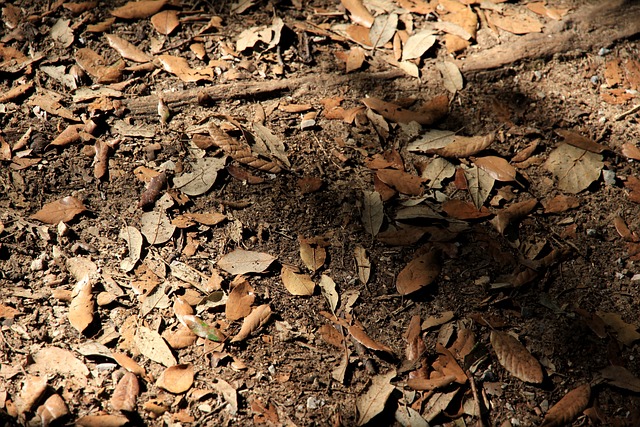
When it comes to floor maintenance, selecting the appropriate cleaning products is a critical first step. The market offers a wide array of options, each designed for specific floor types and cleaning needs. For instance, vinyl floors require gentle yet effective cleaners to prevent damage, while ceramic tiles might demand more robust solutions to tackle stubborn stains. Choosing the right product not only ensures optimal cleaning results but also prolongs the life of your flooring.
Consider factors like floor material, traffic volume, and the presence of specific stains or grime when picking floor cleaning products. Natural, eco-friendly options are gaining popularity due to their safety for both floors and users. Additionally, many modern floor cleaners come with advanced formulas that enhance shine, repel dirt, and provide long-lasting protection, making them essential tools in any floor maintenance regimen.
Effective Floor Scrubbing Techniques

Maintaining clean and healthy floors involves adopting effective scrubbing techniques tailored to different surface types. For hard floor surfaces like tiles, vinyl, or linoleum, a good starting point is using a floor scrubber with adjustable settings. These machines allow you to choose the right pressure and solution for each material, ensuring optimal cleaning without damage.
When it comes to floor cleaning solutions, selecting the right chemicals makes a significant difference. For instance, using hot water and mild detergent is effective for removing everyday dirt and grime. For tougher stains, however, specialized floor cleaners designed for specific types of floors are required. Always follow the manufacturer’s instructions when using these products to achieve the best results while avoiding potential harm to your flooring.
Deep Cleaning and Restoring Floors
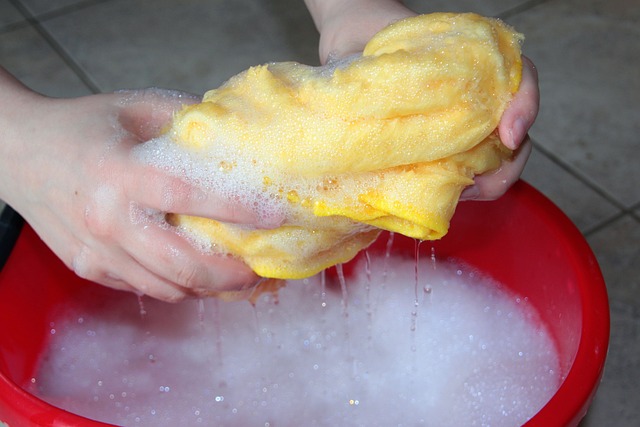
Deep cleaning and restoring floors is a vital part of maintaining any commercial or residential space, ensuring that surfaces look as good as new while also prolonging their lifespan. This meticulous process involves several steps, from scrubbing away deep-seated dirt and stains to repairing scratches and chips. It’s not just about aesthetics; regular deep cleaning prevents the buildup of grime and bacteria, creating a healthier environment for occupants.
Professional floor maintenance experts employ specialized equipment and eco-friendly cleaning agents to tackle tough stains and restore the original shine. This can include hot water extraction, steam cleaning, or chemical treatments, depending on the flooring material—carpet, hardwood, tile, or vinyl. By combining these techniques with polishing and sealing, floors are not just cleaned but also protected, creating a durable finish that repels future dirt and spills.
Maintaining Different Floor Surfaces (Wood, Tile, Vinyl)

Maintaining different floor surfaces requires tailored approaches for optimal results and longevity. For example, wood floors demand regular sweeping and damp mopping to prevent scratches and stains, with specialized products designed to enhance their natural glow. Tile and vinyl flooring, on the other hand, are more durable but still necessitate routine cleaning to keep them sparkly and free from buildup.
Proper floor cleaning techniques vary based on material. Wood should be dried promptly after cleaning to avoid moisture damage, while tile and vinyl can withstand slightly damp conditions for deeper cleaning. Regular maintenance not only preserves the aesthetics of these surfaces but also extends their lifespan, ensuring your spaces remain inviting and well-maintained.
Tips for Efficient Floor Care Management
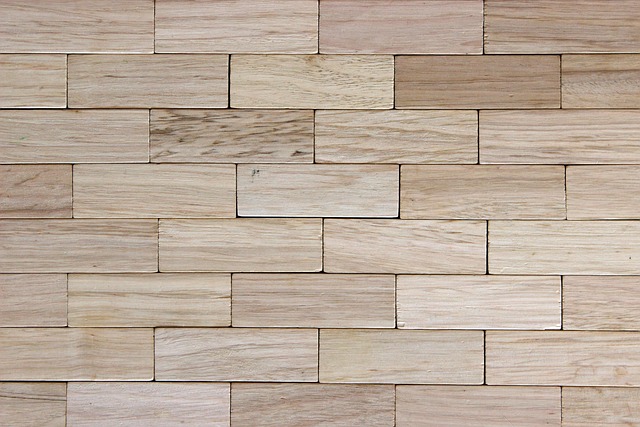
Maintaining clean and well-cared-for floors is essential for any space, be it a home or a commercial building. Efficient floor care management involves a combination of regular cleaning practices and strategic utilization of floor maintenance solutions. One key tip is to establish a consistent cleaning schedule, ensuring that floors are swept or vacuumed daily to remove loose dirt and debris. This simple step significantly reduces the buildup of grime and makes deeper cleaning more manageable.
Additionally, investing in high-quality floor cleaning equipment can greatly enhance efficiency. For example, using a commercial-grade vacuum cleaner designed for hard floors ensures thorough cleaning without damaging delicate surfaces. Regularly testing and maintaining your cleaning solutions is also vital; diluted cleaning agents may not be effective, while concentrated ones require careful handling to avoid damage. Following manufacturer guidelines for dilution ratios ensures optimal floor cleaning results.
